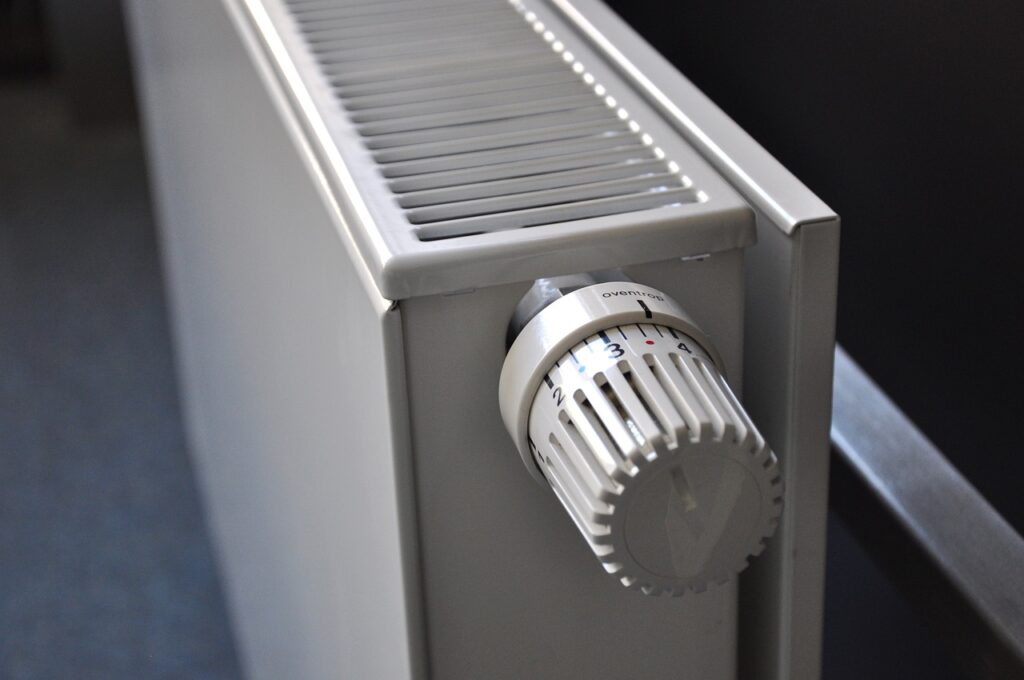Choosing the right heater replacement for your home is essential for ensuring consistent warmth and comfort. The process involves a thorough assessment of your home’s heating needs, understanding the different types of heaters available, and evaluating key factors that will affect your choice. Making an informed decision can significantly impact your home’s energy efficiency and comfort levels.
Assessing Your Home’s Heating Needs
Before selecting a heater replacement, it’s crucial to assess your home’s specific heating needs. This assessment will help you determine the right size and type of heater for optimal performance and efficiency.
Factors to Consider:
1. Home Size and Layout: The size and layout of your home significantly impact the heating requirements. Larger homes or those with multiple levels may require a more powerful heater or multiple units to maintain consistent warmth throughout.
2. Climate: The local climate plays a vital role in determining the type of heater you need. Colder climates may benefit from heaters with a higher heating capacity, while milder climates might require less powerful units.
3. Insulation: Proper insulation helps retain heat, reducing the load on your heating system. Assess the insulation quality in your walls, attic, and windows to understand your home’s heating needs better.
4. Existing Ductwork: If your home already has ductwork in place, it might be more economical to choose a heater that can connect to the existing system. If not, you may need to consider a ductless option.
Types of Heaters to Consider
Various types of heaters are available on the market, each with its own set of benefits and drawbacks. Understanding these options will help you make an informed decision that aligns with your home’s heating needs.
Different Types of Heaters:
1. Furnaces: Furnaces are among the most common heating systems. They can run on natural gas, propane, oil, or electricity. Furnaces are known for their powerful heating capabilities and are suitable for homes in colder climates.
2. Heat Pumps: Heat pumps are versatile systems that can both heat and cool your home. They work by transferring heat from the outside air or ground into your home. Heat pumps are energy-efficient and ideal for milder climates.
3. Boilers: Boilers use hot water or steam to heat your home. They are often more efficient than furnaces and provide even heat. Boilers can run on natural gas, oil, or electricity.
4. Ductless Mini-Split Systems: Ductless mini-split systems offer a flexible solution for homes without existing ductwork. They consist of an outdoor unit and one or more indoor units, providing zoned heating for different areas of your home.
5. Electric Heaters: Electric heaters are easy to install and are suitable for smaller spaces or supplemental heating. They come in various forms, such as baseboard heaters, wall-mounted units, and portable heaters.
Key Factors to Evaluate When Choosing a Heater
Choosing the right heater replacement involves considering several key factors. These factors will help you select a unit that meets your home’s heating needs and operates efficiently.
Important Factors to Consider:
1. Energy Efficiency: Look for heaters with high energy efficiency ratings. An efficient unit can save you money on energy bills and reduce your environmental impact.
2. Fuel Type: Determine what type of fuel your new heater will use. Common options include natural gas, propane, oil, and electricity. Consider the availability and cost of each fuel type in your area.
3. Size and Capacity: Ensure the heater’s size and capacity match your home’s heating needs. An undersized unit will struggle to heat your home, while an oversized unit can lead to inefficiency and higher costs.
4. Installation and Maintenance: Consider the installation requirements and long-term maintenance needs of the heater. Some units may require professional installation and regular maintenance for optimal performance.
5. Warranty and Support: Look for heaters with robust warranties and good customer support. This provides peace of mind in case you encounter any issues with your new unit.
Consulting with HVAC Professionals for the Best Choice
Consulting with HVAC professionals is a crucial step in selecting the right heater replacement. Our technicians can provide expert advice and help you make an informed decision.
Benefits of Professional Consultation:
1. Expert Assessment: Our professionals can assess your home’s heating needs more accurately. They consider various factors such as insulation, layout, and existing systems to recommend the best heater.
2. Customized Recommendations: Based on the assessment, our technicians can suggest heaters that match your specific needs and preferences. They provide guidance on the most suitable options.
3. Proper Sizing: Ensuring your heater is the right size is essential for efficiency and effectiveness. Our professionals use precise calculations to determine the appropriate size and capacity.
4. Installation and Maintenance Guidance: Our technicians can offer valuable advice on the installation process and future maintenance needs. They ensure your new heater operates smoothly from day one.
Conclusion
Selecting the right heater replacement for your home can make a significant difference in your comfort and energy efficiency. Assessing your home’s heating needs, understanding the various types of heaters, and evaluating key factors are all essential steps in making an informed choice. Consulting with our professionals adds another layer of confidence, ensuring that the heater you select meets your specific requirements.
At Standard Heating, Cooling & Plumbing, our technicians are ready to assist you in finding the perfect heater replacement in Alabaster, AL. Contact us today to ensure your home stays warm and comfortable throughout the colder months!







